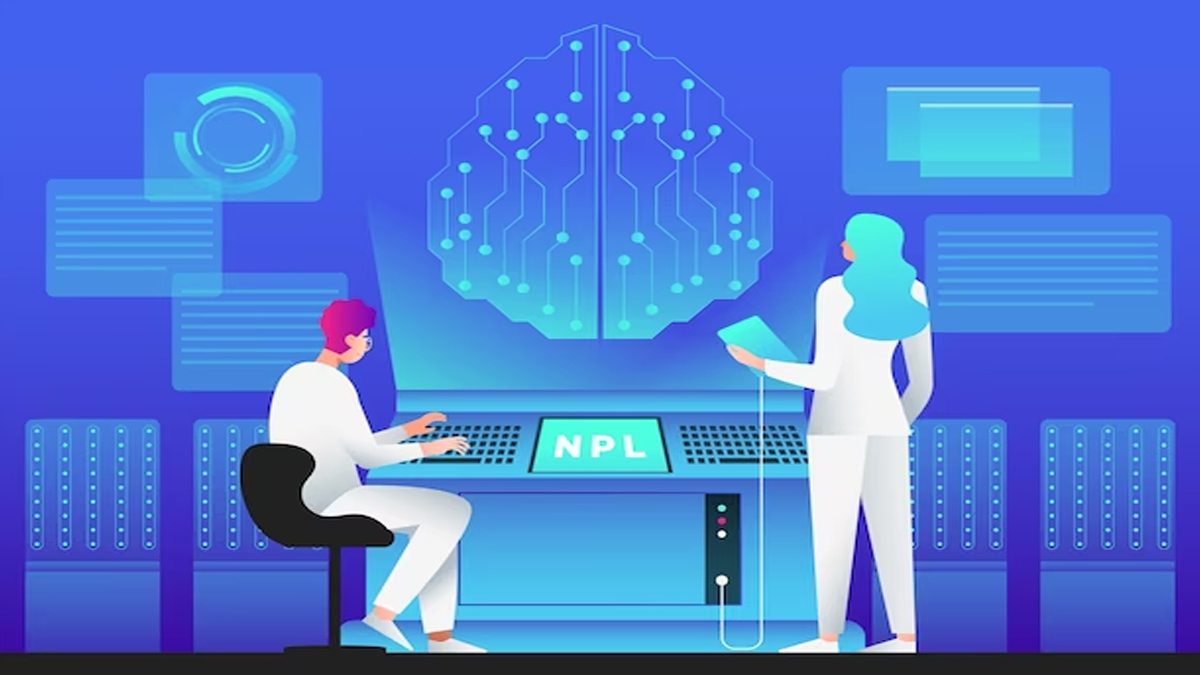Here are some key legal challenges in the regulation of artificial intelligence in healthcare:
1. Data privacy and security:
AI systems rely on vast amounts of patient data to make accurate predictions and decisions. The collection, storage, and sharing of sensitive health information raise concerns about data privacy and security. Regulations, such as the General Data Protection Regulation (GDPR) in the European Union, require organizations to ensure proper consent, data anonymization, and protection against unauthorized access or breaches.
2. Liability and accountability:
Determining liability becomes complex when AI systems are involved in medical decision-making. If an AI algorithm makes an error that leads to harm, who is responsible—the healthcare provider, the developer of the AI system, or both? Establishing clear frameworks for liability and accountability is essential to address potential legal disputes and ensure patient safety.
3. Regulatory oversight:
AI in healthcare blurs the line between medical devices and software. Existing regulations may not be adequately equipped to address the unique risks and complexities associated with AI technologies. Developing appropriate regulatory frameworks that consider the specific characteristics of AI systems, their training data, and continuous learning capabilities is crucial to ensure patient safety without stifling innovation.
4. Bias and fairness:
AI algorithms are trained on large datasets, which may contain biases or reflect existing health disparities. If these biases are not properly addressed, AI systems can perpetuate and amplify discriminatory practices. Ensuring fairness and mitigating bias in AI algorithms requires transparent and accountable data collection, rigorous validation processes, and ongoing monitoring.
5. Intellectual property:
AI technologies involve the creation of novel algorithms, software, and models. Determining ownership and intellectual property rights over AI inventions can be challenging. Clear guidelines and legal frameworks are needed to protect the rights of inventors, while also promoting collaboration, innovation, and access to AI technologies in healthcare.
6. Informed consent and transparency:
AI systems often operate as “black boxes,” making it difficult for patients and healthcare providers to understand the underlying decision-making processes. Ensuring transparency and providing clear information about how AI systems function is essential for obtaining informed consent from patients and maintaining trust in healthcare practices.
Addressing these legal challenges requires collaboration among policymakers, healthcare providers, technology developers, and legal experts. It is crucial to strike a balance between fostering innovation and protecting patient rights and safety to harness the full potential of AI in healthcare.
